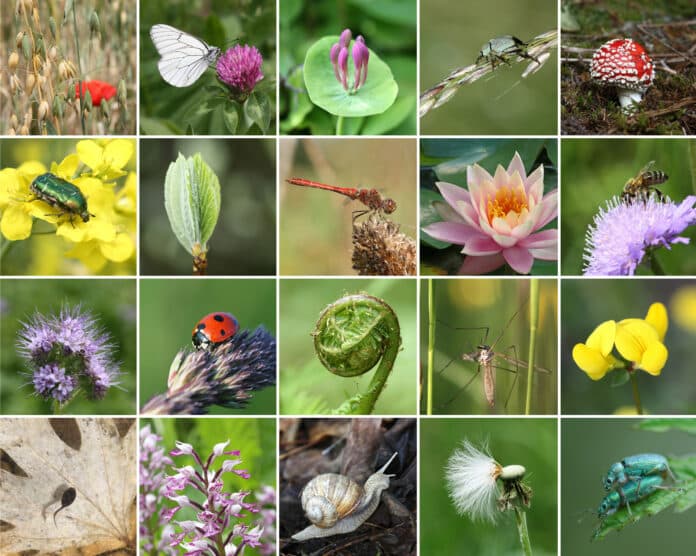A change in approach to grass management is being trialled across Bournemouth, Christchurch and Poole to reduce the council’s carbon footprint and increase biodiversity.
BCP Council has over 2,500 hectares of open space with a significant percentage being grassland which requires some form of management. In response to the council’s declaration of a climate and ecological emergency, in March 2020 Cabinet agreed to trial a range of procedural and operational changes to the way grass areas are managed across Bournemouth, Christchurch and Poole. These changes included the establishment of more grass meadow areas, reducing the frequency of cuts on some road verges and starting grass cutting rounds later in the year.
Allowing grass areas to grow and establishing meadows can help to increase biodiversity by creating conditions that support a range of plants and wildlife, in particular pollinators which have suffered widespread decline. Meadows are also considered to have an important role in capturing carbon from the atmosphere and storing it in the soil.
Councillor Mark Anderson, Portfolio Holder for Environment, Cleansing and Waste, BCP Council commented:
“This new approach to grass management has the potential to reduce our carbon footprint, increase carbon capture and increase biodiversity. Going forward we will be actively implementing this trial to ensure we develop policies and procedures that take into account the need to protect and enhance our environment.”
“The trial is part of our Cleaner, Greener, Safer campaign which aims to bring back a sense of pride to Bournemouth, Christchurch and Poole. Other green initiatives that fall under this campaign include our pledge to plant over 10,000 trees in 2021.
“We are committed to creating a sustainable environment, leading our communities towards a cleaner, sustainable future that preserves our outstanding environment for generations to come and this trial is just one of the ways we are working towards this objective.”
Monitoring of the meadows is planned for the coming months, with the aim of involving volunteers in wildlife and plant surveys.
To find out more, please visit our grass cutting page.
PLEASE SUPPORT US FOR JUST £2 A MONTH







